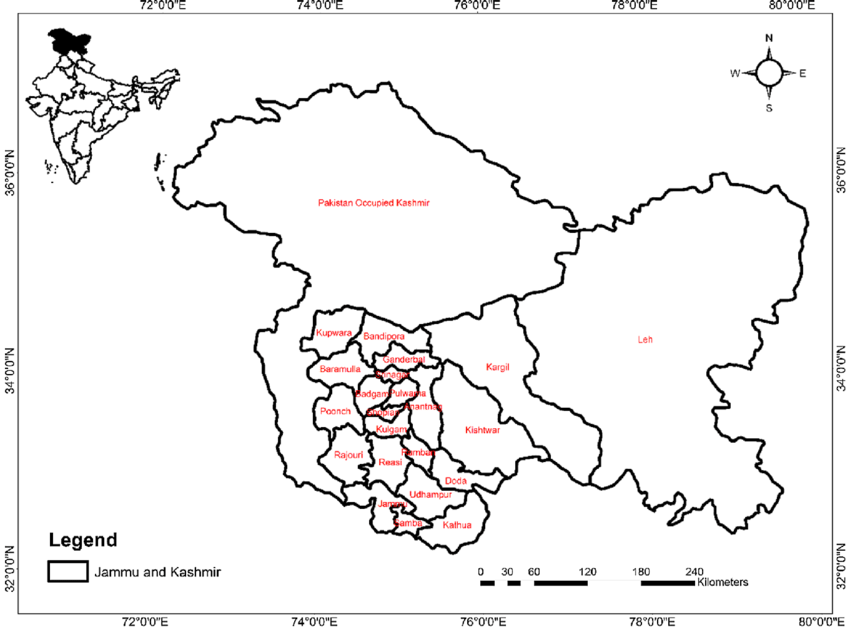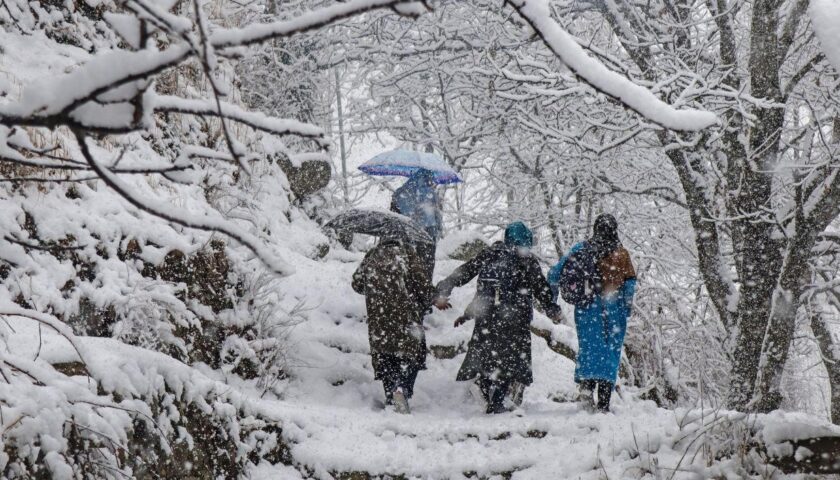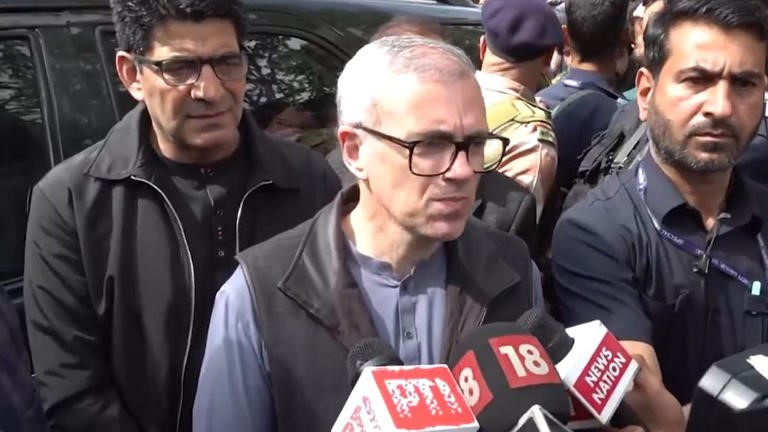Jammu and Kashmir’s assembly elections reveal deep political divides, with NC dominating Kashmir and BJP thriving in Jammu, reflecting religious preferences
An array of jagged mountain ranges and a state-of-the-art tunnel are not the only barriers between the two regions that make up India’s most restive region and its newest Union territory. As the results of the assembly elections showed on Tuesday, Jammu and Kashmir are also separated by their political preferences, which tracked closely with the dominant faiths in these regions.
The 2024 polls threw up among the most polarised results in J&K — with both the National Conference (NC) and the Bharatiya Janata Party (BJP) posting their best-ever results in the region. The NC won 35of the 47 seats in Kashmir and emerged as the single largest party in the Valley. The BJP won 29 out of the 43 seats in Jammu, similarly emerging as the party in the Hindu-majority region.
The roots of these differences are contested and longstanding. The region of Jammu subsumes within itself 10 districts, out of which only four are Hindu majority while the other six — these are more sparsely populated, to be sure — are Muslim majority. Bitterness between the two main rfegions is old but has mounted over allegations of an eroding Hindu majority and an economic downturn reflected in a lack of job opportunities for young people. Allegations of favouritism to Kashmir is a common trigger for the grouse.
Holding the balance are groups such as the Gujjar-Bakerwals, classified as a Scheduled Tribe in the state, who travel through treacherous mountain passes from Kashmir to Jammu every winter and go back as temperatures rise in the plains during the summer. Most of them rear animals, live in straw and mud tents outside villages, and are intimately tied to the local communities in Jammu through milk production and shared culture.
These disparate influences came together to shape the Jammu region’s response to the tectonic changes of August 5, 2019 — even as Kashmir simmered in anger, celebrations broke out in Jammu. The area is also home to the state’s Scheduled Caste population, one of the main groups that benefited from the abrogation of Article 370 through the implementation of reservations.
All this was in play to determine the stark difference in campaign narratives this election season.
In Kashmir, the discourse revolved around deeply ideological questions of restoration of statehood and the restoration of Article 370 — two things promised by both major parties in the Valley, the NC and the Peoples Democratic Party. Jobs and promises of cheaper electricity played second fiddle.
In Jammu, which is far more integrated with the mainland of India, the question of Article 370’s abrogation evoked a very different response, there was no question of its restoration even among people who argued that it had not benefited them to the extent imagined.
Pakistan and cross-border terrorism was a constant presence — ironically, its centrality in the Kashmir electoral discourse was absent in these polls — because of the spike in terror attacks over the last two years in regions such as Poonch, Rajouri and Doda. Even as Kashmir saw the most fragmented campaign in a generation, Jammu actually saw a more consolidated campaign, indicating that the contest was getting more bipolar in the latter.
And most importantly, the BJP was the focal point of this campaign, as opposed to the Valley where the party was fighting in just 19 seats on its own, and backed proxy candidates and independents in the rest. An absence of an electoral stake in Kashmir allowed Prime Minister Narendra Modi, home minister Amit Shah and defence minister Rajnath Singh to make the argument that successive regimes in Srinagar had ignored Jammu. This also helped blunt some discontent around jobs and the scrapping of the Durbar move.
Rousing nationalism and arguing that the BJP brought peace and stability by junking Article 370 failed to strike a chord in Kashmir but proved to be a hit in Jammu.
In the end, the BJP managed to stitch together a campaign that built on its Lok Sabha performance, where it had won both seats in Jammu, and built a rapport with the electorate on issues such as nationalism, cross-border terrorism, peace and Modi’s personal popularity.
The BJP bettered its seat share by four and also netted its best-ever vote share of 25.6%. In contrast, its mainland rival, the Congress, won just one seat in the region, belying hopes that it would make deeper inroads into the BJP citadel. The stellar performance of the BJP in Jammu spanned caste and community divide, winning in general as well as SC-reserved seats.
Two things need to be noted about the polarised verdict.
One, this will only fuel fears of a demographic switch first stoked by delimitation. In Jammu itself, a large chunk of the NC-Congress’s eight seats came in Muslim-majority constituencies. Conversely, all four additional seats picked up by the BJP came from Hindu-majority districts.
And two, the skewed results will make it more difficult for a government in Srinagar to give equitable distribution to both regions and to both Hindu and Muslim faces. If resentment has to be stemmed, the new administration will have to think of unique forms of outreach. Source




